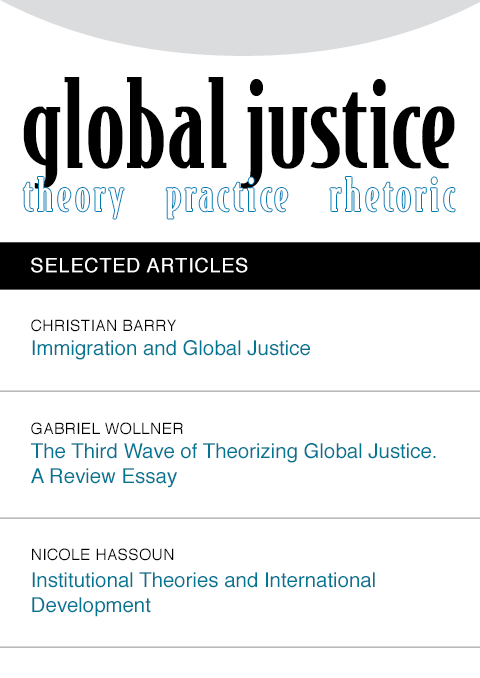Global Citizenship Education, Global Educational Injustice and the Postcolonial Critique
DOI:
https://doi.org/10.21248/gjn.12.01.230Abstract
This contribution develops a defence of a universalist conception of Global Citizenship Education (GCE) against three prominent critiques, which are, among others, put forward by postcolonial scholars. The first critique argues that GCE is essentially a project of globally minded elites and therefore expressive both of global educational injustices and of the values and lifestyles of a particular class or milieu. The second critique assumes that GCE is based on genuinely ‘Western values’ (e.g., in the form of a conception of human rights or conceptions of rationality or the self), which are neither universally accepted nor universally valid and therefore unjustly forced on members of non-Western cultures and societies. GCE, according to this critique, is assumed to be another version of the educational justification of a hegemonic and unjust global Western regime. The third critique focuses on the epistemological preconditions of GCE. It assumes that GCE relies on a particular, culturally embedded ‘Western epistemology,’ which perpetuates historically grown global educational and epistemic injustices by dominating and subjugating alternative epistemological approaches. With respect to the first critique I argue that it is to a certain extent sociologically plausible, but wrong when it is applied to the educational and political legitimacy of GCE. The second critique overestimates the consensus within the ‘Western tradition’ and underestimates the transnational dissemination of universalist ideals and values as well as its own reliance on universalist validity claims. I argue that in order to provide a plausible criticism of historically grown global educational and political injustices, it is imperative for GCE to integrate central insights provided by the postcolonial critique, without giving up on universalist ideals and values. The third critique is, according to my argumentation, based on flawed epistemological assumptions, which do not withstand critical scrutiny. Instead of identifying epistemic and scientific claims as the expressions of a particular ‘culture’ or geographical location (the ‘West’), I defend the position that philosophical and scientific research should ideally be conceived as a democratic and universalist project, whose emancipatory potential can only be realized on the basis of a universalist epistemology.

 Global Justice: Theory Practice Rhetoric (TPR) is a peer-reviewed, open-access e-journal which publishes original research in international political theory, with special emphasis on global justice. We are particularly interested in bridging the gap between political theory, empirical research, and the study of political practices and communication.
Global Justice: Theory Practice Rhetoric (TPR) is a peer-reviewed, open-access e-journal which publishes original research in international political theory, with special emphasis on global justice. We are particularly interested in bridging the gap between political theory, empirical research, and the study of political practices and communication. 


